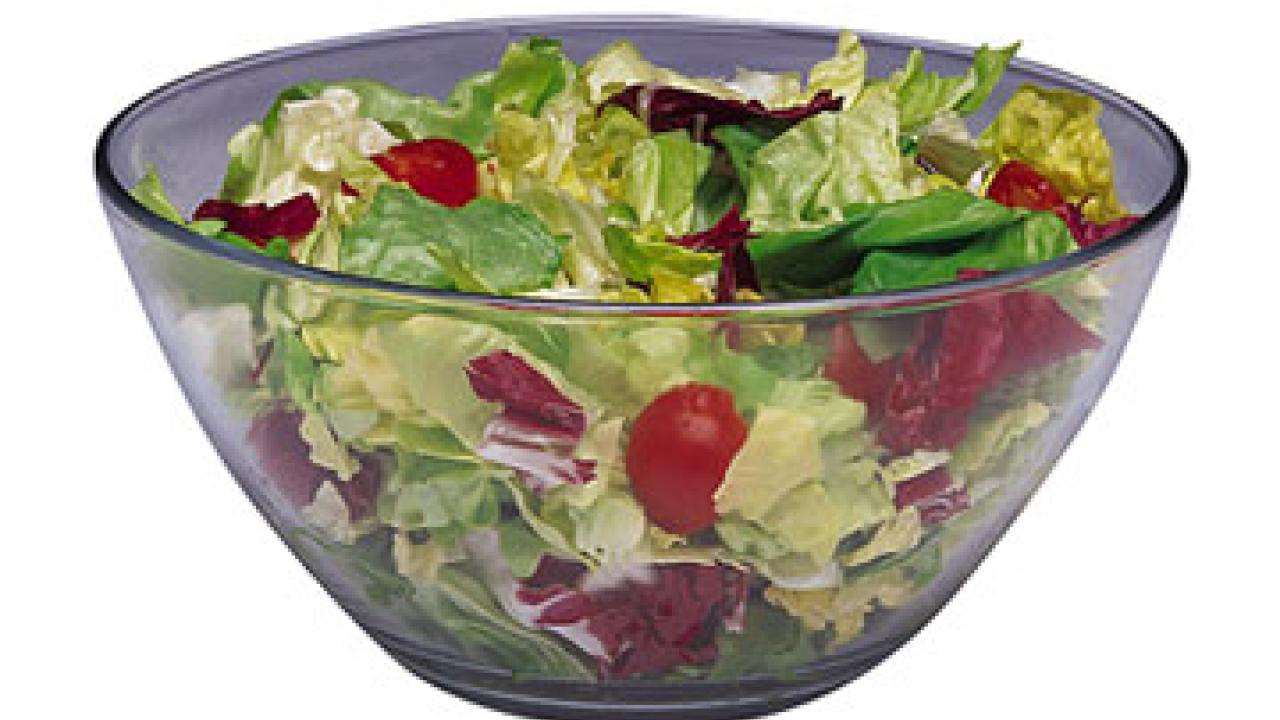Gail Feenstra, a UC Davis expert on the environmental impacts of eating local, sustainably produced fruits, vegetables and other agricultural products, has these projects under way and presentations planned:
• Helping smaller farmers and ranchers: The goal of this project is to help smaller producers who are using sustainable methods get their products to consumers through business networks called “values-based supply chains.” These supply chains connect food producers with distributors and/or retail partners in ways that are economically, environmentally and socially sustainable. Feenstra and her research partners will examine the effects of various factors, such as regulations, producer business savvy and access to capital, and will teach the people who are the links in the chains (producers, agribusiness lenders and funders, policymakers and small business/community development consultants) how to establish and maintain successful distribution networks. The two-year, $497,000 study is funded by the U.S. Department of Agriculture's National Research Initiative. Feenstra, a community food systems analyst with the UC Davis-based Sustainable Agriculture Research and Education Program (SAREP), is co-leader with Shermain Hardesty, a UC Cooperative Extension specialist in the UC Davis Department of Agricultural and Resource Economics. Other partners include Portland State University, Colorado State University and the Community Alliance with Family Farmers.
• Getting "green" foods to college cafeterias: At a Boston conference on Sunday (June 28), Feenstra will discuss the growing interest of college and university students and food service managers in food that is sustainable and locally produced. Feenstra and colleagues recently found that half of the college food service buyers she surveyed in California already had, or were developing, local buying programs and were purchasing some sustainably grown food. Almost one-quarter of all produce purchases are already coming from local growers (according to buyers’ definitions of local). She will describe how a growing number of institutions are expanding their sustainable offerings through innovative outreach and education on campuses, among professional societies, and through creating more farmer-to-chef connections. Details are at the National Association of College and University Business Officers (NACUBO) conference site: http://www.nacuboannualmeeting.com/nacubo2009/public/SessionDetails.aspx?SessionID=303.
• Panel on the new film documentary "Food, Inc.": At the Crest Theater in Sacramento on July 3, Feenstra will discuss the emerging movement of local and sustainable agriculture and food systems in the Sacramento region. The film will be shown from 8 p.m. to 9:30 p.m. and the panel follows from 9:30 p.m. to 10:30 p.m. Details, including other panelists and ticket prices: http://www.thecrest.com/calendar/expand.cfm?EventID=3175.
Media Resources
Gail Feenstra, Sustainable Agriculture Research and Education Program, (530) 752-8408, gwfeenstra@ucdavis.edu
Lyra Halprin, Sustainable Agriculture Research and Education Program, (530) 752-8664, lhalprin@ucdavis.edu
